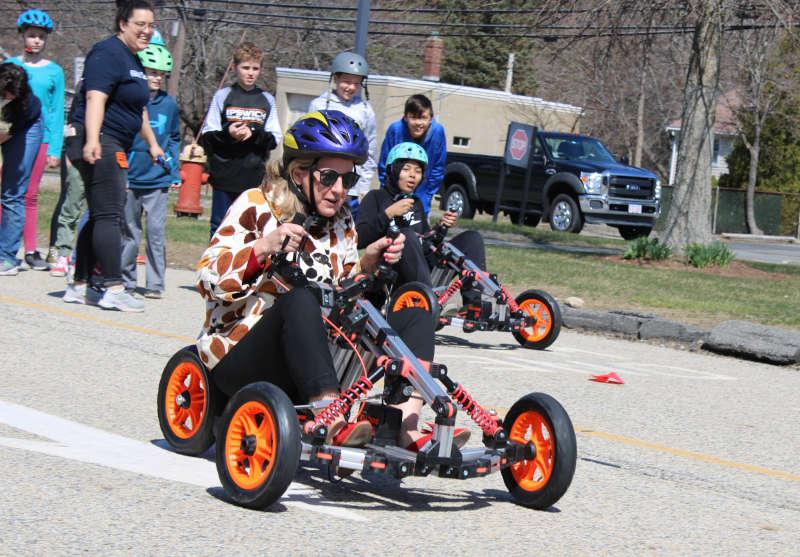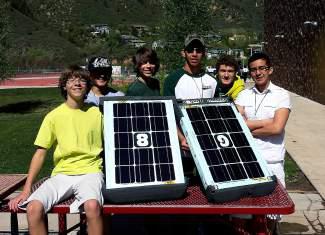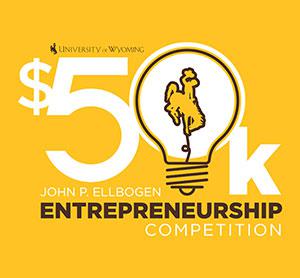IPSWICH — Sustainability is the result when racing wheels meet the pavement in the sixth-grade classroom.
Beginning last fall, sixth-grade science teachers Christine Senechal and Samantha Colby decided on an engineering project to teach students about sustainability — not only in the classroom, but in all aspects of life.
Each year, the sixth-grade science department tackles an essential question surrounding a subject. This year, it asked how students can increase a sustainability mindset in themselves and others.
From this question, the project then came to life through the work of the students.
Construction process
By working with Change Is Simple — a sustainability company in Beverly that works with local schools to educate students in crafting a more sustainable future for themselves — the sixth-grade teachers put their plan into action.
The electric-powered cars are charged using the solar panels already in the high school garden, giving the students a chance to apply their understanding of electric cars and charging stations to sustainable engineering in a town setting.
The sixth-grade science department kick-started the project back in the fall. Led by teachers Christine Senechal and Samantha Colby, they noticed the impact on each of their students within weeks.
“The teamwork to build it and follow the instructions alone, using tools, just brought a whole other level of that design process into the classroom, where they had to work together to figure it out,” Colby said.
“Some of them have never picked up a tool before,” Colby continued. “Each class got to build it a little further each day, so that other classes had built on what they left off on. They were so excited to see it all come together.”
“I think the best part is just watching the process of the students building the car,” said Kathy McMahon, the middle school’s principal. “What a creative, thought-provoking process that is.”
Challenges
The construction process was not free from setbacks. The need for problem-solving tactics soon became the hidden theme of each science class.

Colby mentioned a time where the students were faced with rewiring an entire brake system they had put together backwards.
Senechal and her students faced a similar problem — the wheel they attached was put on the wrong side.
When faced with these challenges, their students did not hesitate to jump back into fixing the cars.
“Just watching their thought process, I was really excited,” Colby said. “They were so dedicated to figuring out all the details and putting it back together.”
Senechal said the problem-solving aspect of the project empowered some kids who might not have been interested in STEAM before to explore and tackle new obstacles.
Finding a place
Each sixth-grader, no matter their interest, found a place in the project.
While many students chose to dedicate themselves to building, others filmed the process, interviewed fellow students on what they learned, and snapped photos.
A video documenting the whole process was created by sixth graders and will be presented by students at the Ipswich STEAM night on May 4.
After weeks of hard work and dedication, the students finished the cars. Finally, on Friday, April 5, the bike helmets waiting by the door were put to use when the sixth-grade classes got to test the cars outside.
The impact
The project left an impact — not only the students, but on the teachers who could finally teach together again.
“I got a little teary-eyed,” Colby said. “We came back, the masks came off, and we built. It felt whole again.” Senechal agreed.
“The project really falls under those successful habits of mind that we have been throwing at the students for years: creativity, critical thinking, communication, collaboration, perseverance.”
She added, “They have needed a lot of perseverance in the past couple years. But this was a different type of perseverance.”
Looking ahead
After receiving funding for the project this year through the Ipswich Education Foundation, they plan to apply for more grants to ensure this project lives on in future years.
Eventually, Colby and Senechal hope to incorporate a mathematical aspect to the project regarding distance, speed, and motion detection.
They envision the sustainability lessons the students learn in the sixth grade carrying on throughout the rest of their students’ time in the Ipswich Public Schools and into adulthood. “It is a good place to start the conversation with them,” Colby said.




